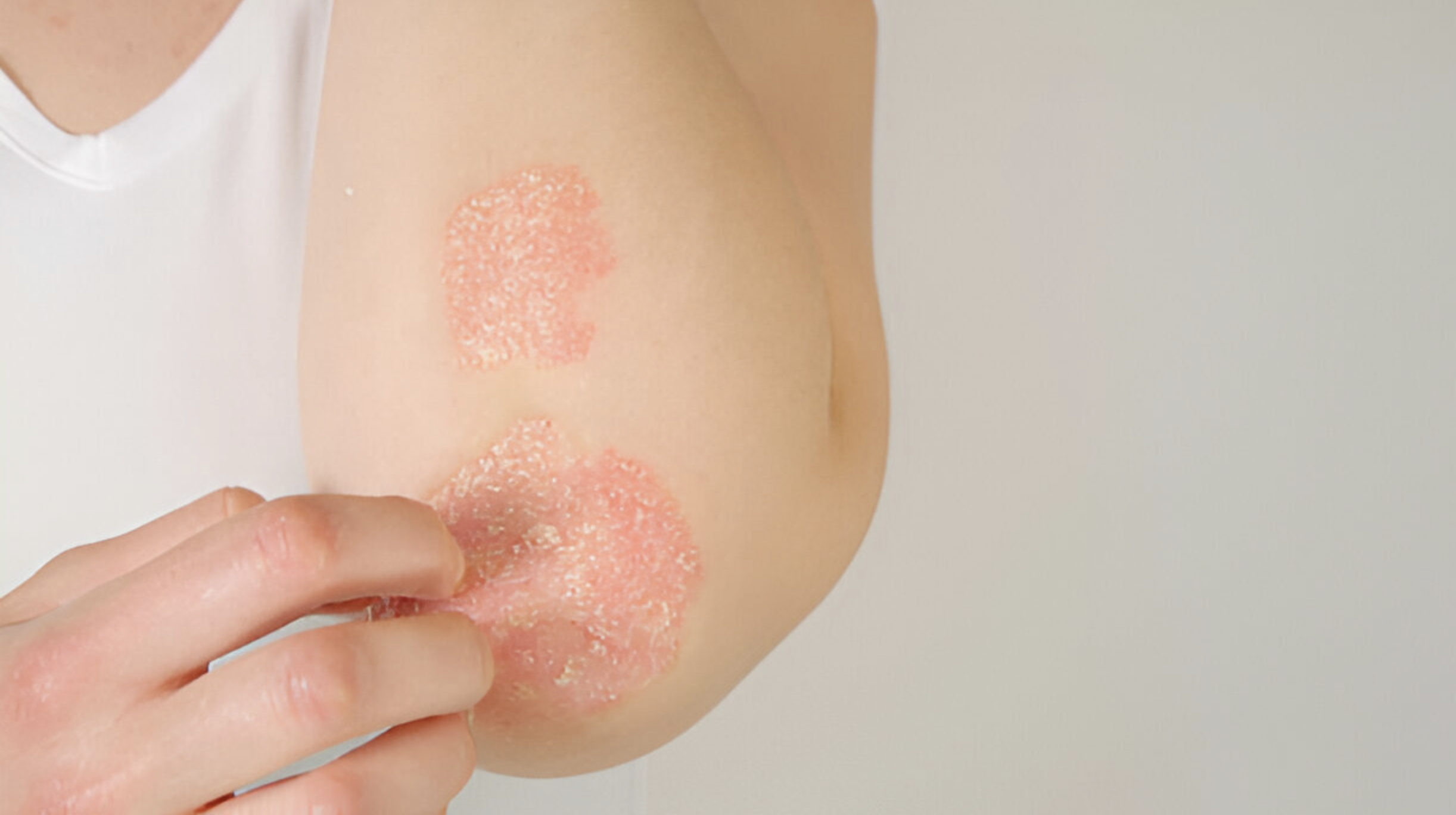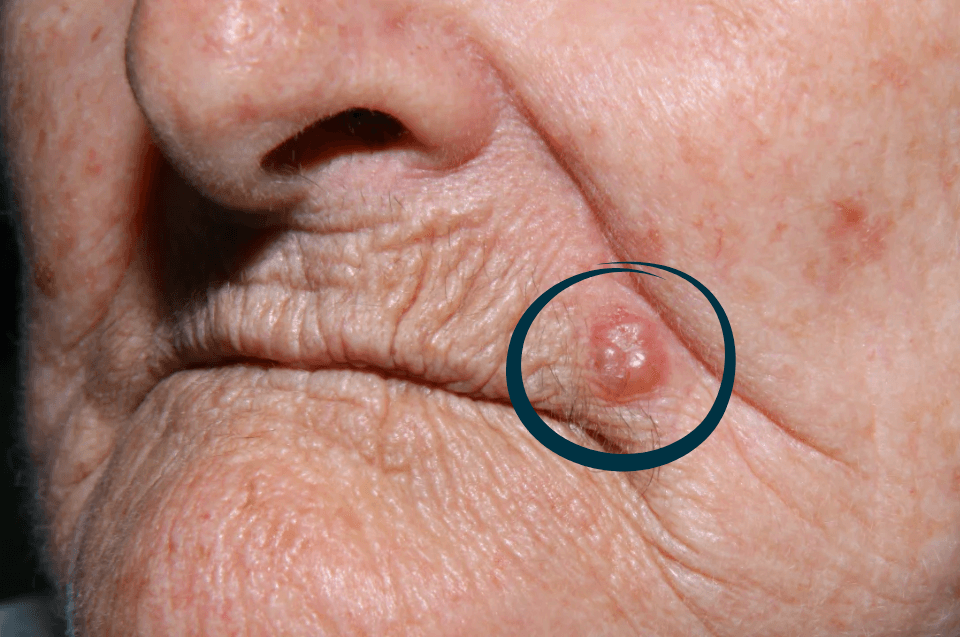Psoriasis is a chronic inflammatory skin disease that affects about 2% of the world population. Although it is not contagious, it still carries a lot of stigma and misinformation, affecting not only the physical health but also the emotional well-being of patients. Understanding this condition better is essential to combat prejudice and seek effective ways to control it.
What is psoriasis?
Psoriasis is caused by an imbalance in the immune system that accelerates the renewal of skin cells. Instead of being replaced every 28 days, as normally happens, these cells accumulate in just a few days, forming thick, reddish, and scaly plaques, usually accompanied by itching or pain. This exaggerated inflammatory response is linked to genetic and environmental factors.
What are the types of psoriasis?
There are several forms of psoriasis, each with its particularities:
Plaque psoriasis: the most common type, with red and scaly lesions, usually on the elbows, knees, and scalp
Guttate psoriasis: appears as small spots, often after infections such as strep throat
Inverse psoriasis: occurs in skin fold areas like armpits and groin, with more moist lesions
Pustular psoriasis: rarer, characterized by pus-filled blisters that are not infectious
Erythrodermic psoriasis: a severe and extensive form that requires immediate medical attention
Causes and risk factors
The origin of psoriasis involves genetic predisposition, but environmental factors can trigger or worsen the disease:
Family history of psoriasis
Severe emotional stress
Infections (especially streptococcal)
Smoking and excessive alcohol consumption
Use of certain medications, such as beta-blockers or lithium
Skin injuries (Koebner phenomenon)
Most common symptoms
Psoriasis can vary greatly from person to person, but the most frequent symptoms include:
Red plaques with white or silver scales
Itching and burning sensations
Dry, cracked skin that may bleed
Deformed or spotted nails
Joint pain, in cases of psoriatic arthritis
Diagnosis
The diagnosis of psoriasis is made by a dermatologist, usually through clinical examination of the lesions. In doubtful cases, a skin biopsy may be requested to confirm the condition and rule out other skin diseases such as seborrheic dermatitis or fungal infections.
Psoriasis treatment
Psoriasis has no cure yet, but it can be controlled with effective treatments. The treatment approach depends on the type, extent of lesions, and individual response:
Topical treatments: creams and ointments with corticosteroids, calcipotriol (vitamin D analogues), salicylic acid, or coal tar help reduce inflammation and scaling
Phototherapy: controlled exposure to ultraviolet light, done in specialized clinics, can be very effective in moderate cases
Systemic medications: used in more severe cases, include methotrexate, cyclosporine, and acitretin — always with prescription and strict medical supervision
Biologics: latest-generation drugs that act directly on inflammatory cells involved, such as adalimumab, secukinumab, and ixekizumab
It is essential that treatment is individualized and that patients never self-medicate, as some drugs may worsen the disease. Furthermore, many of these can only be obtained with a medical prescription.
Psoriasis and quality of life
More than just a dermatological condition, psoriasis can profoundly impact emotional and social well-being. The visibility of lesions can lead to isolation, anxiety, depression, and even discrimination. Therefore, psychological support and care are essential parts of treatment.
Many patients report that psoriasis flare-ups worsen during periods of stress, reinforcing the importance of comprehensive mental health care. Relaxing activities, psychological counseling, and support groups can make all the difference.
Myths and truths about psoriasis
Is psoriasis contagious? No. The disease is not transmitted from person to person
Does sun exposure help? Yes, as long as it is done in moderation and with medical guidance, sun exposure can improve lesions
Does diet influence psoriasis? In some cases, yes. Highly inflammatory foods, such as ultra-processed foods and alcohol, can worsen symptoms in certain patients
Does stress cause psoriasis? Stress does not cause it but is a powerful trigger for the onset or worsening of lesions
Conclusion
Psoriasis is a chronic disease that requires ongoing care, but with currently available treatments and proper medical support, it is possible to control symptoms and live well. Consulting a dermatologist at the first signs is the first step to ensure correct diagnosis and avoid complications.



